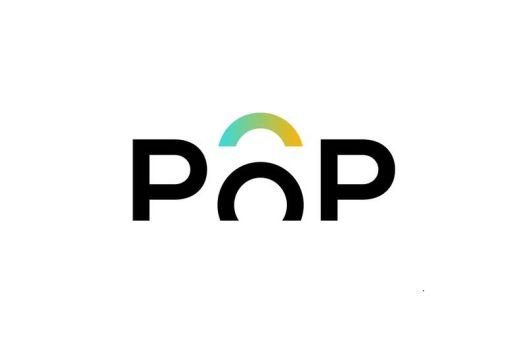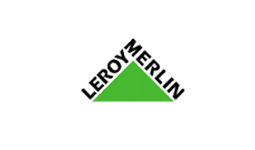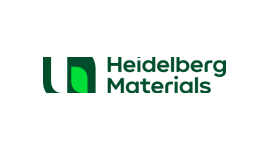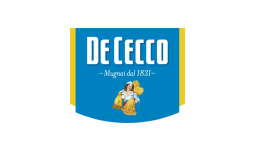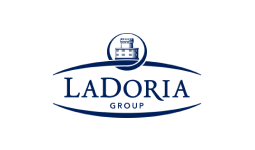Mandatory Electronic Invoicing in Brazil
Learn how to get your company ready to exchange documents in accordance with Brazil requirements with the support of Comarch
Learn how to get your company ready to exchange documents in accordance with Brazil requirements with the support of Comarch

Brazil is the world’s leading country when it comes to issuing electronic tax documents through many different e-invoicing models. Those are chosen based on the type of goods sold – whether it’s a product or a service – and the recipient of those goods – whether it’s a company or a consumer. Depending on that, the transaction is recorded in one of several e-invoicing platforms. This framework is among the most advanced and well-established globally.”
Electronic invoicing in Brazil follows the format of the “Nota Fiscal Eletrônica” (NF-e). It is obligatory for nearly all enterprises in Brazil and is managed by the Tax Authority (Fazenda/ SEFAZ) in collaboration with the relevant state-level offices.
Current regulations include electronic invoices for three types of e-invoices. For goods (NF-e) and transportation (CT-e) e-invoicing is harmonized at a federal level and sent to the SEFAZ. Requirements for services e-invoices (NFS-e) are set municipally; each municipality has the right to set its own rules regarding format, channel, authorization, etc.
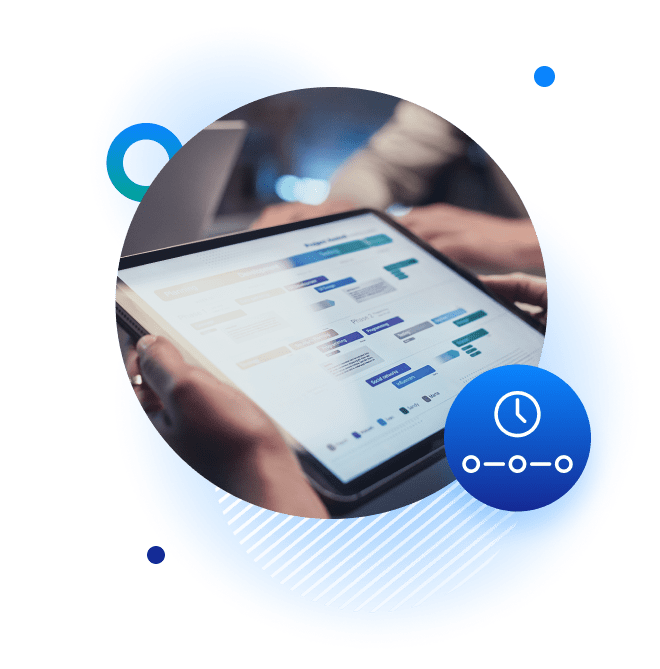
The mandatory implementation of electric energy e-invoices (NF3-e) has been postponed and will be implemented in the following order:

As of January 1, 2026, Brazil will implement a new VAT regime. The Tax Office has issued two new notices outlining proposed changes regarding new data requirements:
The new fields report the calculation and breakdown of three newly introduced taxes: CBS, IBS, and selective tax.
A testing environment for the new VAT regime will be rolled out in September 2025.

Electronic energy fiscal note (NF3-e) became mandatory on March 1, 2021, for all electricity distributors and cooperatives.
Electronic tax documents (with different formats, including NF-e for transport of goods, CT-e for logistics, and NFS-e for services) must be in XML format and signed by a certificate issued by the Brazilian certification authority (authorized service provider). The SEFAZ receives the signed XML invoice, validates it, and assigns the "signing attribute" (also known as approval codes) in real time. This information must be posted back to the XML and ERP system before the release of goods.
The supplier will receive the approved XML invoice back from the SEFAZ and must print the physical representation of the invoice. This PDF is called a DANF-e and must accompany the transport.
2025 November - The mandatory adoption for taxpayers of an Electronic Invoice for Communication Services (NFCom).


But with different structures based on the good or service invoiced. For example:

E-signature is mandatory in Brazil. Taxpayers send invoices to the tax administration, SEFAZ, before shipping the related goods. The administration issues an authorization code that will be printed on the graphic PDF representation of each e-invoice. Buyer verification of the e-invoice is required upon receipt. As for NFS-e, these must be declared to the corresponding town hall (regional authority).
Depending on the format, the following rules must be followed:
We support clients with two formats: NF-e and CT-e, in cooperation with our partner Inventti.

We have 20+ years of experience in carrying out various EDI, e-invoicing, and other document exchange projects around the world. In those years, we have successfully connected more than 130,000 entities from over 60 countries.
Full compliance with the latest data exchange regulations and modern data transfer standards
Applying new technologies and IT solutions in order to streamline workflows and automate activities and procedures
Tailor-made solutions based on processes specific to each company – own road map and a suitable pace of changes
Highest level of security for all sensitive and important company data
If your company is based or has branches in the Brazil and you need to prepare your billing and tax systems to comply with the new requirements. Click on the button below to get in touch with one of our experts.
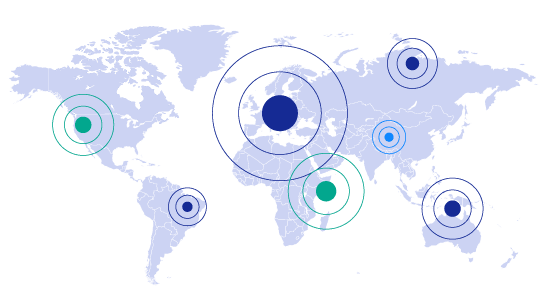
Make sure your business meets international standards with the Comarch e-Invoicing platform, trusted in more than 60 countries. Enjoy hassle-free integration and continuous compliance updates.
